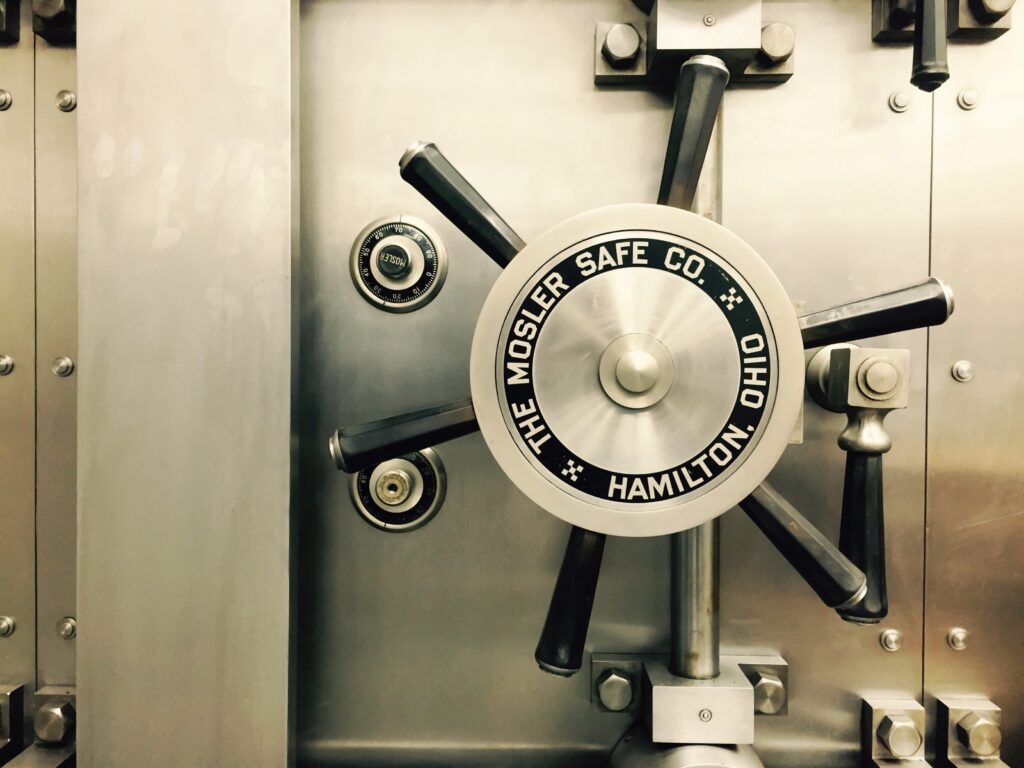Prices and Time: Duty of Best Execution

The duty of best execution is a legal requirement under the Securities and Exchange Commission (SEC) and the Financial Industry Regulatory Authority (FINRA) rules. It mandates that brokers must always provide the most advantageous order execution possible for their customers at all times. The purpose of the rule is to prevent brokers from sending their execution business to companies that offer them incentives rather than choosing the execution path that’s best for their customer. When brokers breach this duty and it costs their customers money, they can be held liable for the losses their customers incur. If you suspect your broker hasn’t been properly executing your orders, you should speak to an experienced investor fraud attorney about making a claim.
Why Is The Duty Of Best Execution Necessary?
There are a great many entities that compete to provide trade execution services behind the scenes for brokers. These entities often provide financial incentives to brokers hoping to garner more business for their services. Brokers are allowed to accept these incentives, but the duty of best execution requires them to choose the entity that will provide the most advantageous order execution for each customer, even if this means only using companies that do not provide an incentive. It’s important to know that the SEC’s and FINRA’s imposition of this duty is not merely an ethical guideline, it’s a law that’s been put into place to force brokers to get the best possible prices on securities for their clients. The law requires brokers to file quarterly reports to the SEC on their customer order routing and FINRA occasionally audits brokerage firms to assess compliance. If you suspect that you’re not getting the best prices for securities, you should speak to an experienced broker fraud attorney.
Duty of Best Execution Requirements
According to FINRA, the duty of best execution requires brokers to always “seek the most favorable terms reasonably available under the circumstances for a customer transaction.” It’s codified in FINRA Rule 5310, Best Execution and Interpositioning, providing that brokers must use reasonable diligence to ensure that all their customers get the most favorable price possible under prevailing market conditions. When an investor claims that a broker breached their duty of best execution, the following factors are used to determine whether “reasonable diligence” was employed:
- The type and size of the transaction;
- The number of markets searched;
- The specifics of the market for the particular security such as volatility, liquidity and price and
- The terms and conditions of the order.
Rule 5310 imposes a requirement that has been interpreted to require brokerage firms to affirmatively search for and evaluate sources of reliable services with the lowest prices to ensure that their customers are getting the most beneficial terms. When considering execution quality, the brokers should be considering the following:
- Opportunities for price improvement;
- Difference in price disimprovement;
- Likelihood of limit order execution;
- Execution speed;
- Execution size;
- Cost of the transaction
- Customer expectations and needs and
- The existence of payment for order flow arrangements.
The existence of payment for order flow arrangements is mentioned because these arrangements are legal, but an excessive amount of incentives could indicate a problem. It is also important to understand that the duty of best execution is non delegatable, so when customer order flow is outsourced, the brokerage firm remains liable for a breach.
What Is Payment For Order Flow (PFOF)
Payment for Order Flow (PFOF) is the term used for the incentives that are at the heart of claims for breach of the duty of best execution, so it’s important to understand it’s dynamics. The SEC broadly defines it as “wide variety of cash or in kind compensation structures that a broker may receive for directing its customers orders to a particular trading venue.” This broad definition includes all types of soft money arrangements including fee rebates, credit, discounts, travel and entertainment offers. These incentives are legal, but receiving a large amount of soft money from trading venues can give rise to the appearance of impropriety and prompt an investigation into whether the duty of best execution has been breached. A corollary to the duty of best execution is the requirement that firms disclose to their customers if PFOF has been received for any transaction they make using their service and to issue a quarterly report of the net aggregate PFOF they receive. Gamification of trading, which is when brokers add gamelike features to their online trading platforms to encourage more trades, is prone to using PFOF to generate revenue from so-called “fee free” trading.
Robinhood and The Duty of Best Execution
In 2020, the SEC brought an action against Robinhood alleging that it failed to satisfy it’s best execution obligations to its customers. Robinhood doesn’t charge customers for trades, making money from the fees paid by companies that execute its trades. The complaint alleges that Robinhood, among other things, failed to disclose to its customers that its largest revenue source is from firms that execute transactions, a practice known as payment for order flow (PFOF.) Robinhood claimed that their executive quality matched or exceeded its competitors, but an SEC investigation found that Robinhood customers received inferior prices. Class action suits followed that accused Robinhood of breaching it’s duty of best execution by omitting, concealing and misrepresenting its order flow practices and execution quality.
Experienced Broker Fraud Attorney
Breaching the duty of best execution is just one of the unscrupulous practices that brokers use to illegally profit from naive consumers. Other tactics include recommending trades to increase the number of transaction fees, a practice known as churning. If you’ve sustained substantial losses with your brokerage account that are not in line with market forces, you may be a victim of broker fraud.
